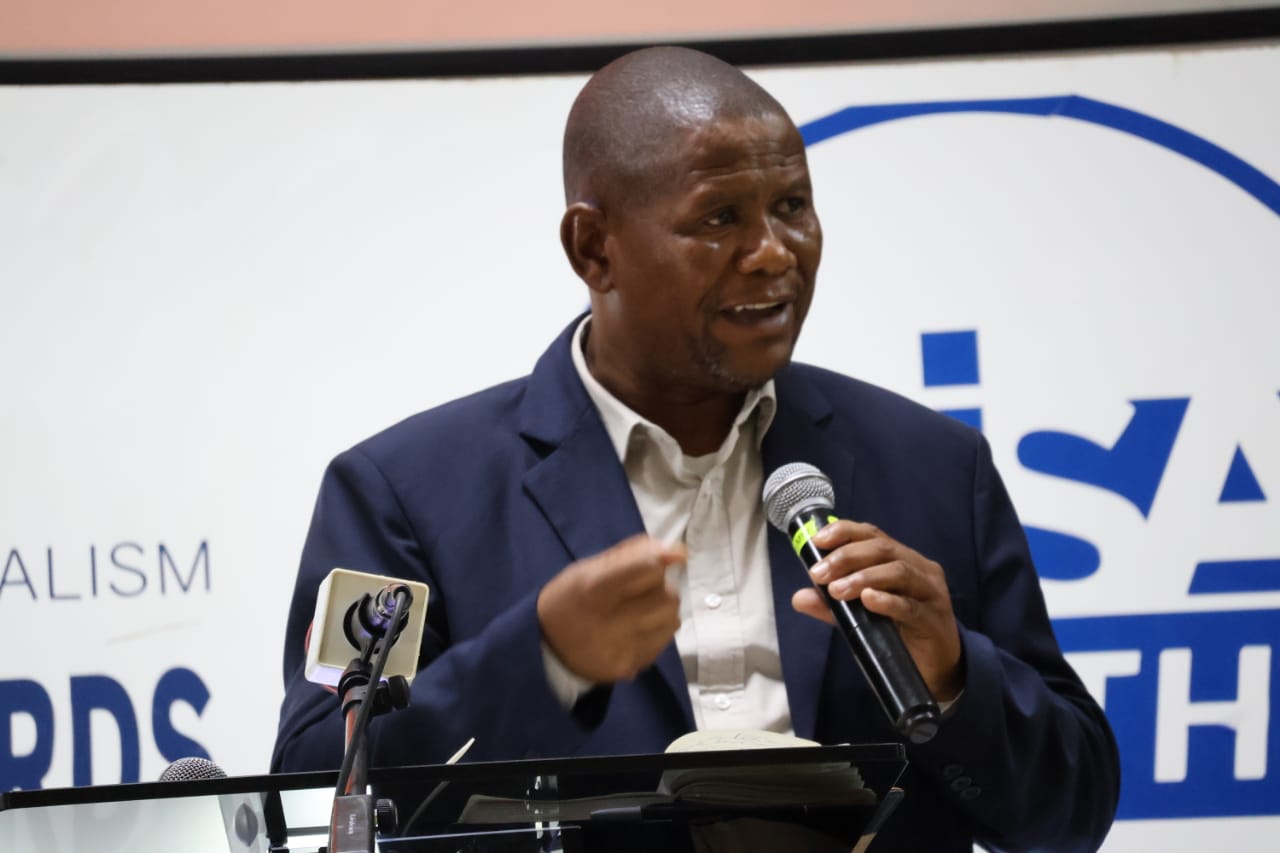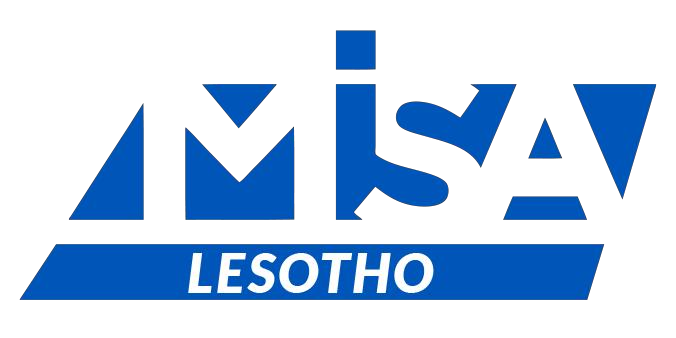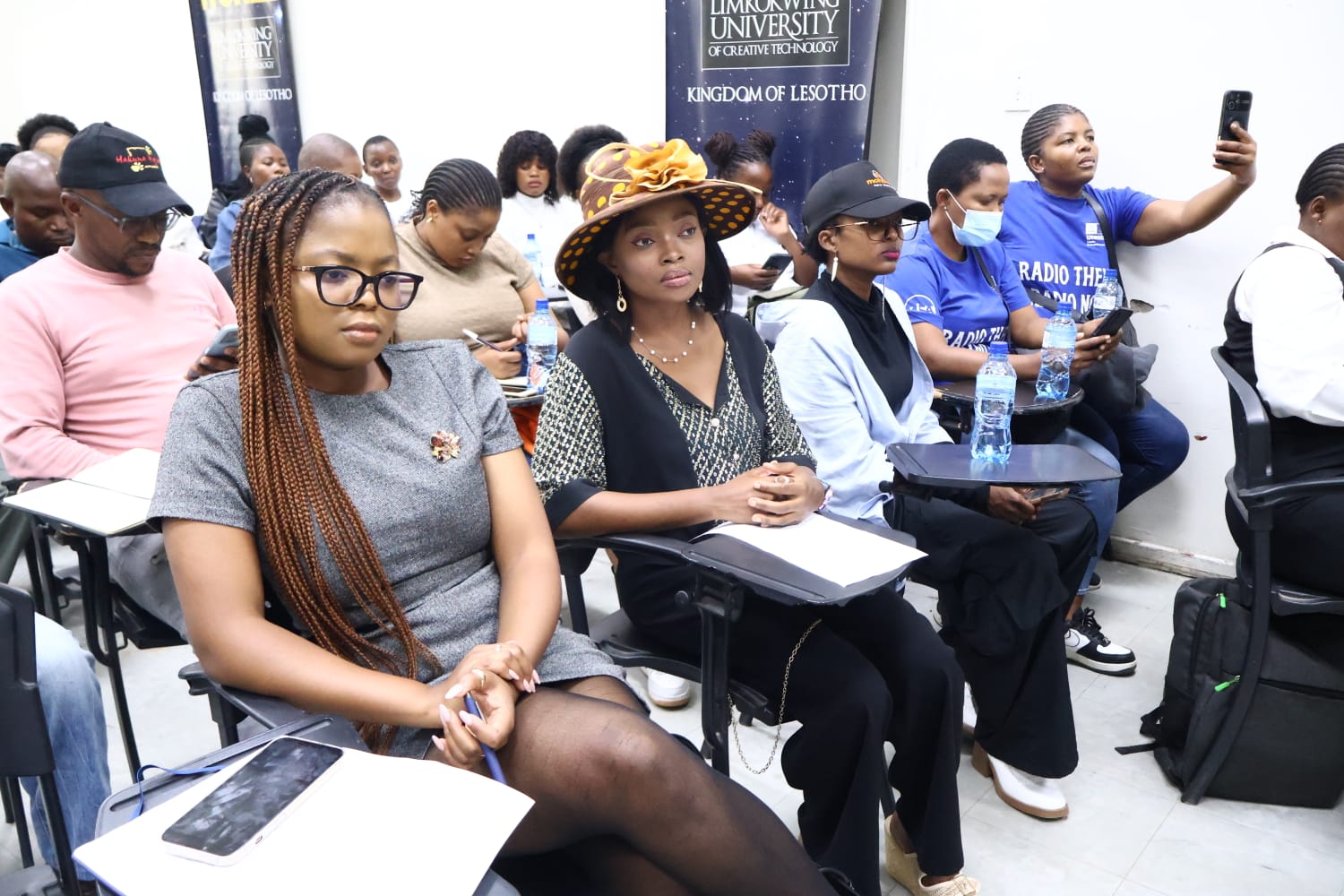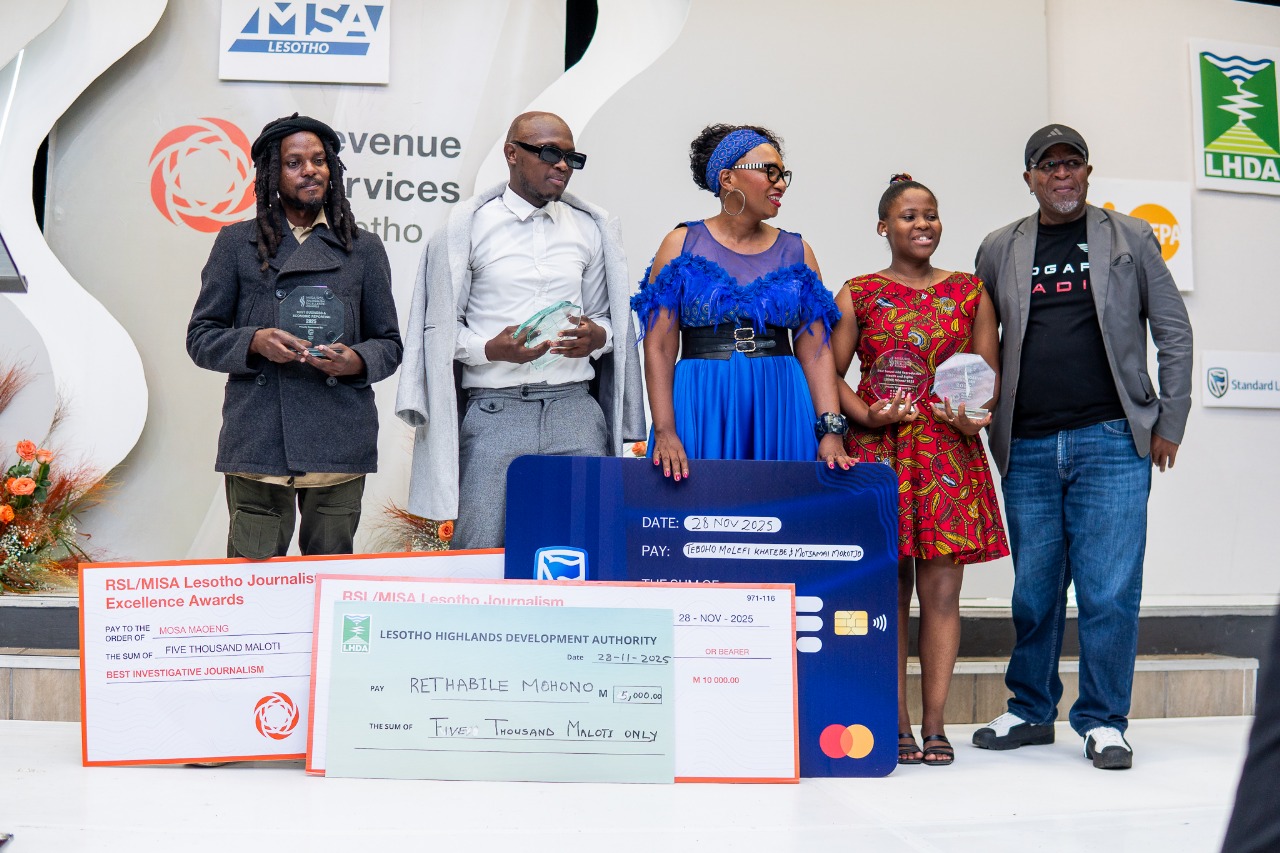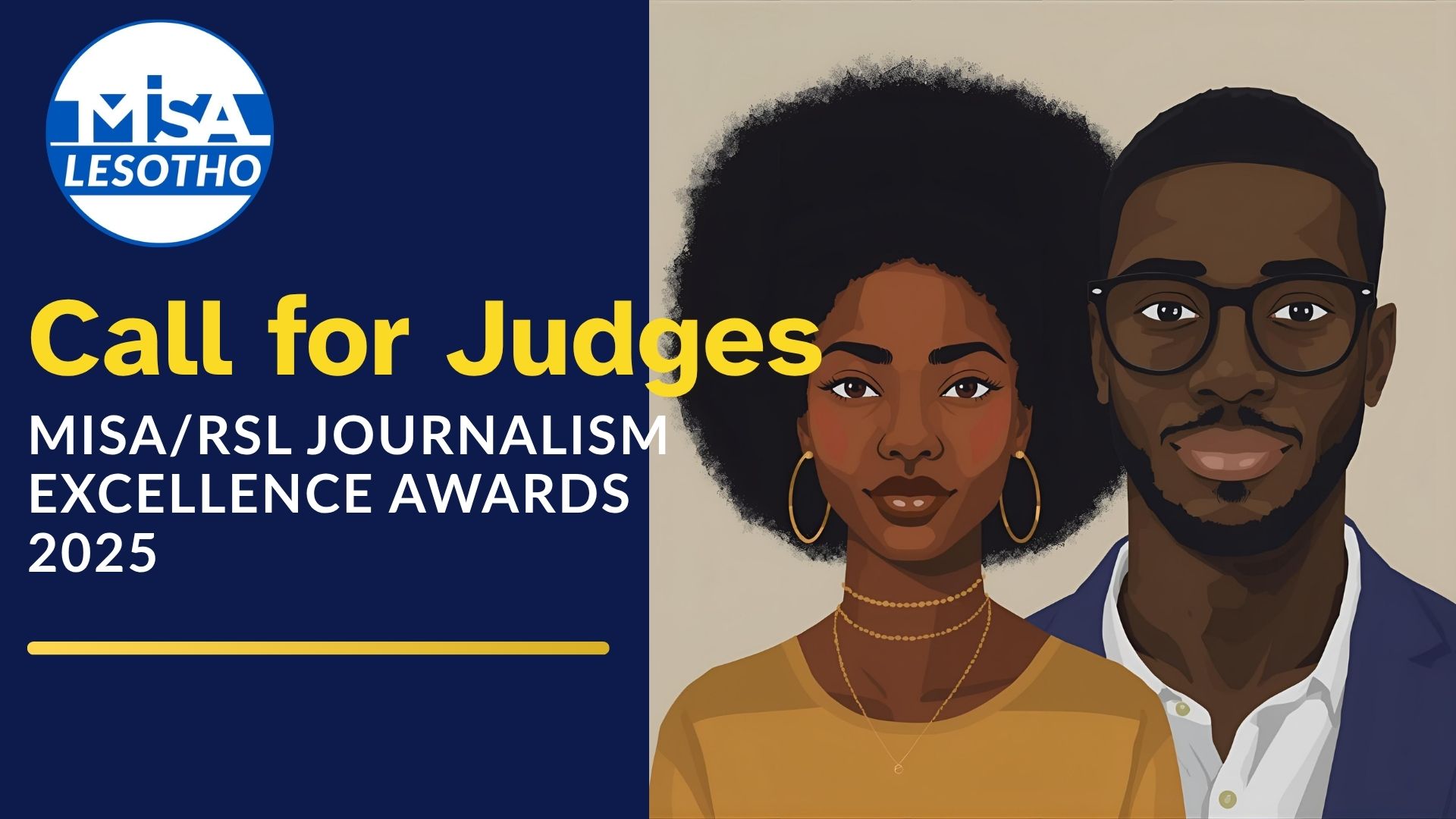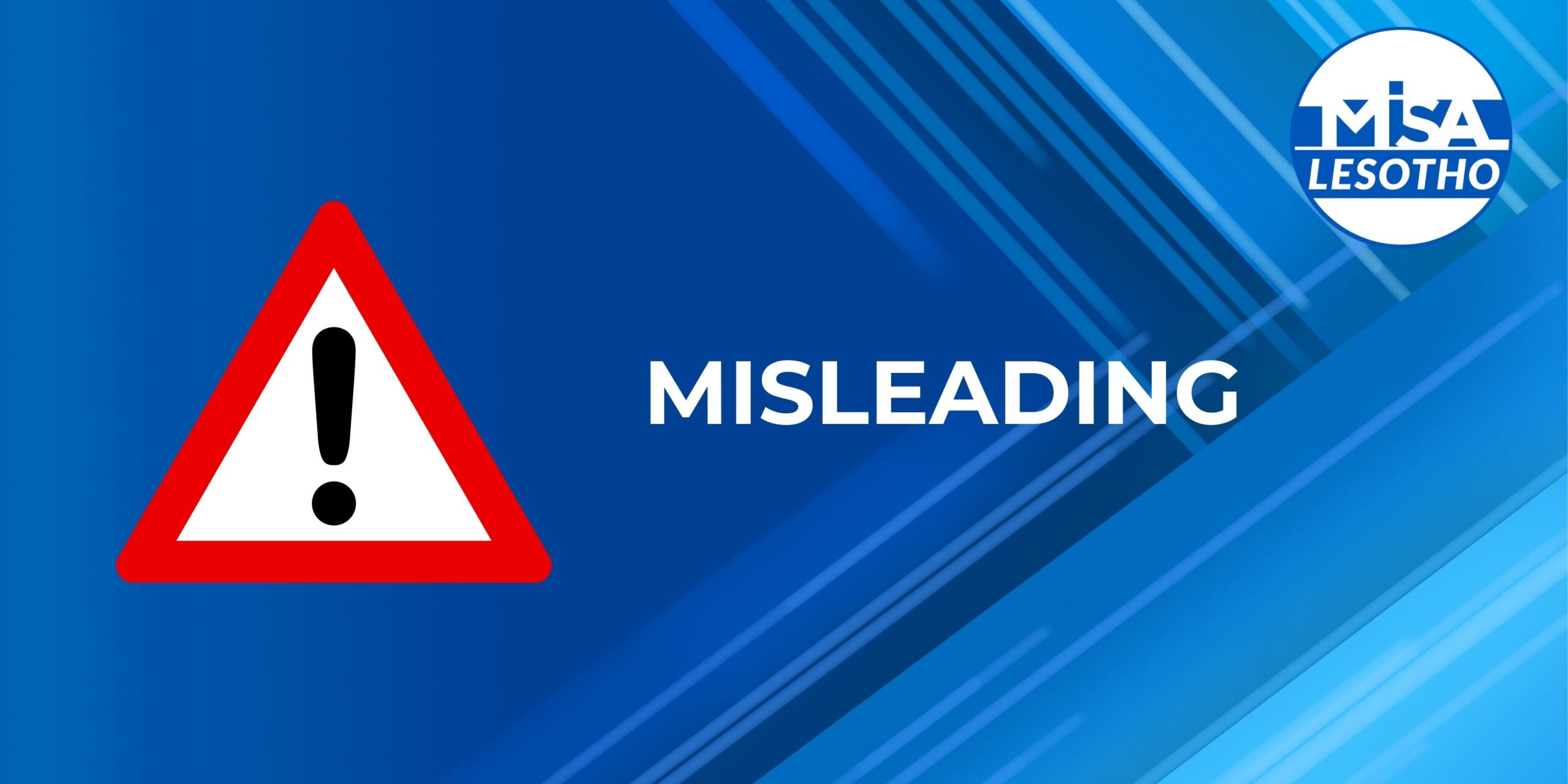By Maleshoane Ratsebe
The Lesotho Chapter of Media Institute of Southern Africa (MISA-Lesotho) will, on Wednesday this week (15 January) meet with senior management of the Ministry of Information, Communication, Science, Technology and Innovation regarding establishment of a National Steering Committee on the Media and Information Literacy (MIL).
With support of the United Nations Educational, Scientific and Cultural Organisation Regional Office of Southern Africa (UNESCO – ROSA), MISA Lesotho is embarking on a six-month project that seeks to develop a comprehensive national policy on Media and Information Literacy.
The Policy, according to MISA Lesotho’s Projects Adviser, Mr Mzimkhulu Sithetho, is intended to be aligned to, and integrated with national policies, regulations and laws guiding and governing access to information, freedom of expression, cultural and religious dialogue, media, libraries, education and digital technologies.
“The MIL Policy and Strategy also takes account of empowerment of special populations – young women and, men, people with disability and the LGBTQI community on media and information,” Mr Sithetho has said.
During the meeting, scheduled to be held at the Ministry’s boardroom on Wednesday, a three-member team from MISA Lesotho will present how the development of the national MIL policy and strategy would be designed to be “engaging, inclusive, participatory and multi-faceted, yet targeted that brings together information literacy, media literacy and digital competencies,” according to Mr Sithetho.
“It fuses in the critical pillars of the rights to freedom of expression, access to information through ICTs, and intercultural dialogue,” Mr Sithetho continued.
Due to the rapid changes in the information, technology and innovation sphere, coupled with the Fourth Industrial Revolution (4IR), the envisaged development of a national MIL policy is expected to bring to the fore, concepts of artificial intelligence (AI) and internet of things, according to MISA Lesotho’s National Director, Mr Lekhetho Makhanya Ntsukunyane.
“The rapid developments in the media and communication spheres have shaped the attitudes of people towards information reception and utilization. Swift advances in communication and media as well as rapid changes in these spheres presented by digital and social media platforms are supposed to enrich informed dialogue, debates and exchange of information and ideas,” said Mr Ntsukunyane, adding: “This has a positive contribution to democracy as it nourishes the much-needed political, economic, social, technological and cultural discourse that society direly needs. This is an important ingredient of democracy.”
The MIL, as a programme, is a strategic initiative designed primarily by UNESCO to impart knowledge, skills and techniques for citizens to access the huge inflows of information coming from various sources – legacy media, social media and other digital platforms. The objective of MIL is to create a society that is able to interpret, analyse and make informed choices on the type of information they need to consume.
MISA Lesotho is being funded to the tune of USD13, 990 by UNESCO-ROSA to lead this project in Lesotho.




